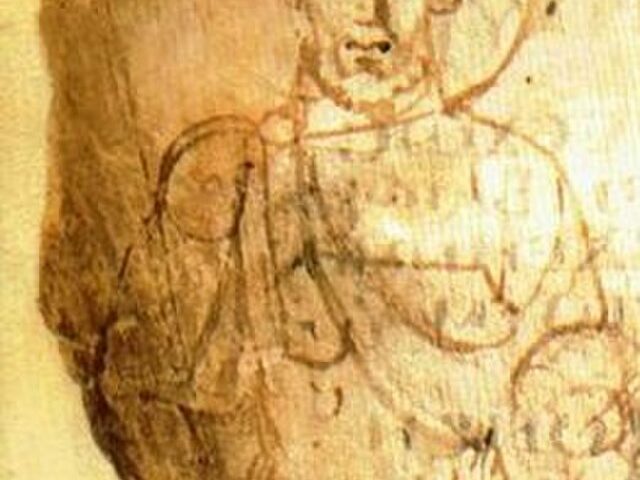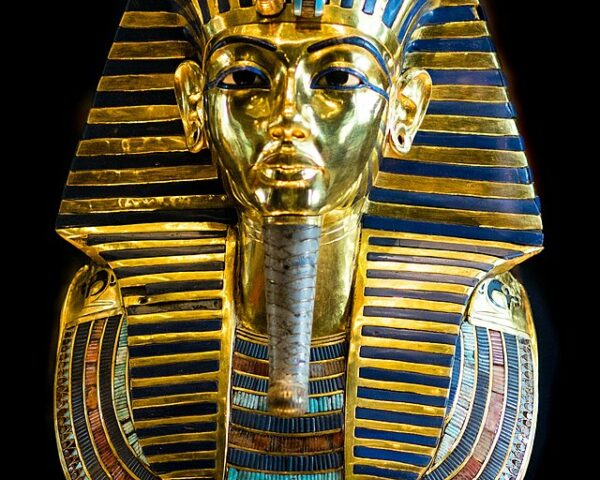Alexander the Great’s conquest of Egypt marked a pivotal moment in world history, leading to his coronation as pharaoh. In 332 BC, after a relatively bloodless victory over the Persian ruler Darius III, Alexander entered the Egyptian city of Memphis as a liberator. The Egyptians, weary of Persian rule, welcomed him with open arms, viewing him as a deliverer from foreign oppression. In recognition of his triumph and to solidify his connection with the ancient Egyptian traditions, the priests of Memphis crowned Alexander as pharaoh in a grand ceremony on November 14 of that year.
Alexander’s acceptance of the title of pharaoh was a strategic move to secure his rule and win the allegiance of the Egyptian people. He understood the importance of integrating himself into the cultural and religious fabric of the nation he sought to govern. By adopting the Egyptian title, Alexander positioned himself as a legitimate successor to the long line of revered pharaohs, acknowledging the divine nature of the rulership in the eyes of the locals.
As pharaoh, Alexander embraced the Egyptian pantheon, making offerings to traditional deities and consulting with Egyptian priests. He also undertook significant construction projects, including the foundation of the city of Alexandria, which would later become a renowned center of learning and culture in the ancient world. Alexander’s rule as pharaoh reflected a delicate balance between his Macedonian identity and the ancient Egyptian traditions, showcasing his political acumen and adaptability.
The decision to become pharaoh not only secured Alexander’s authority in Egypt but also laid the groundwork for the fusion of Hellenistic and Egyptian cultures, a phenomenon known as Hellenistic Egypt. This cultural amalgamation influenced art, religion, and governance, leaving a lasting impact on the region long after Alexander’s death. The Macedonian conqueror’s stint as pharaoh was a transformative chapter in Egyptian history, shaping the course of the nation’s cultural and political evolution.






